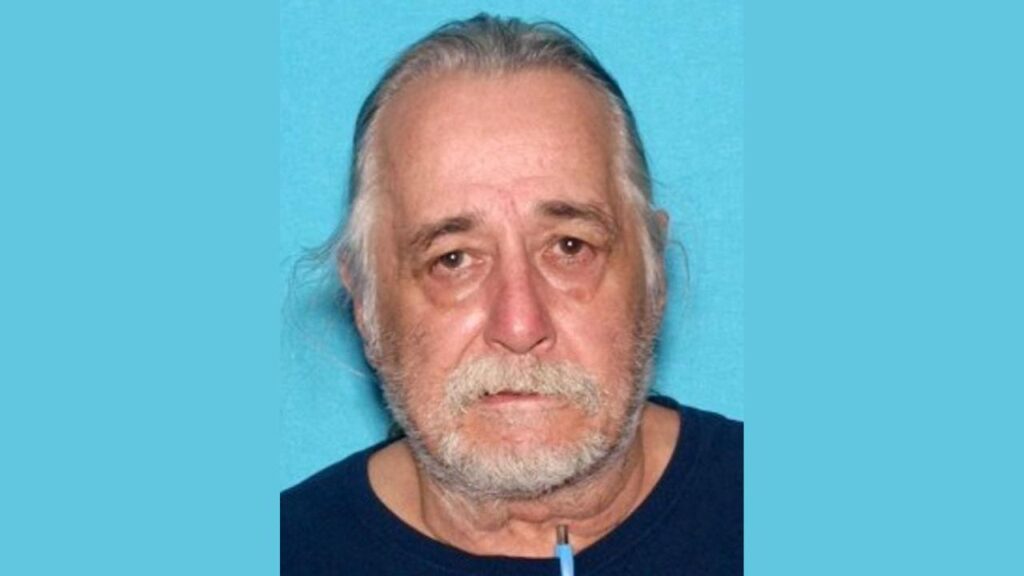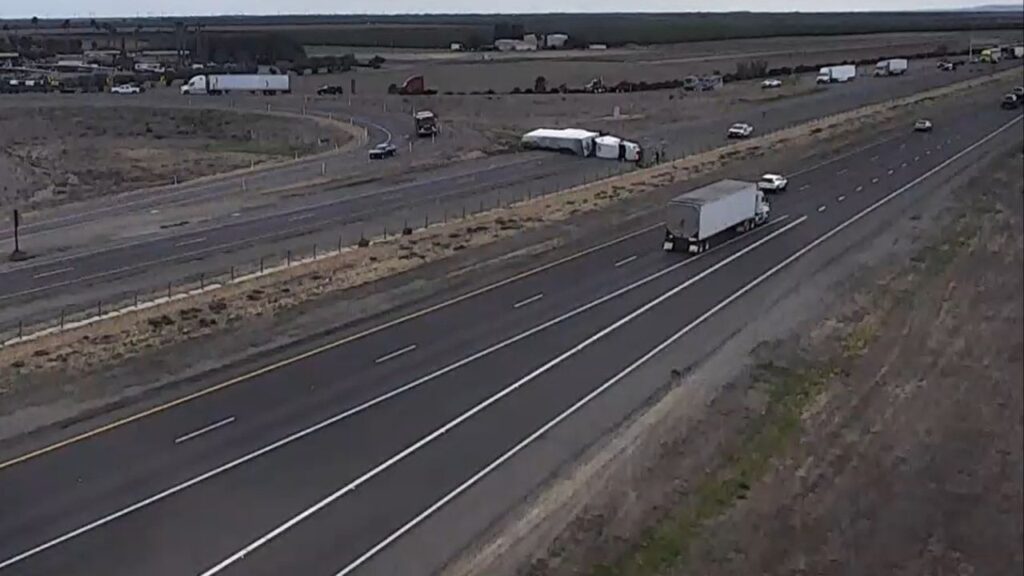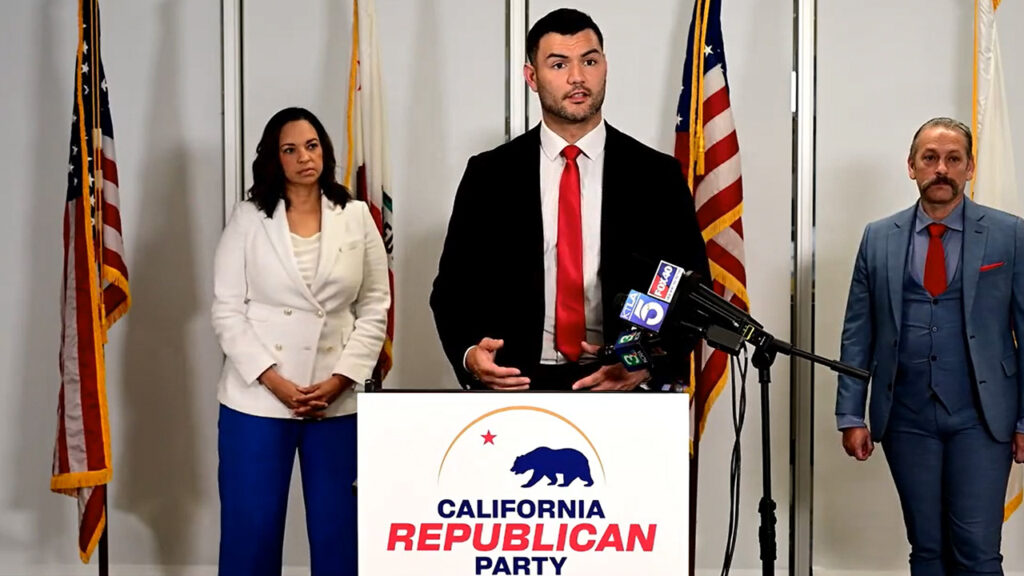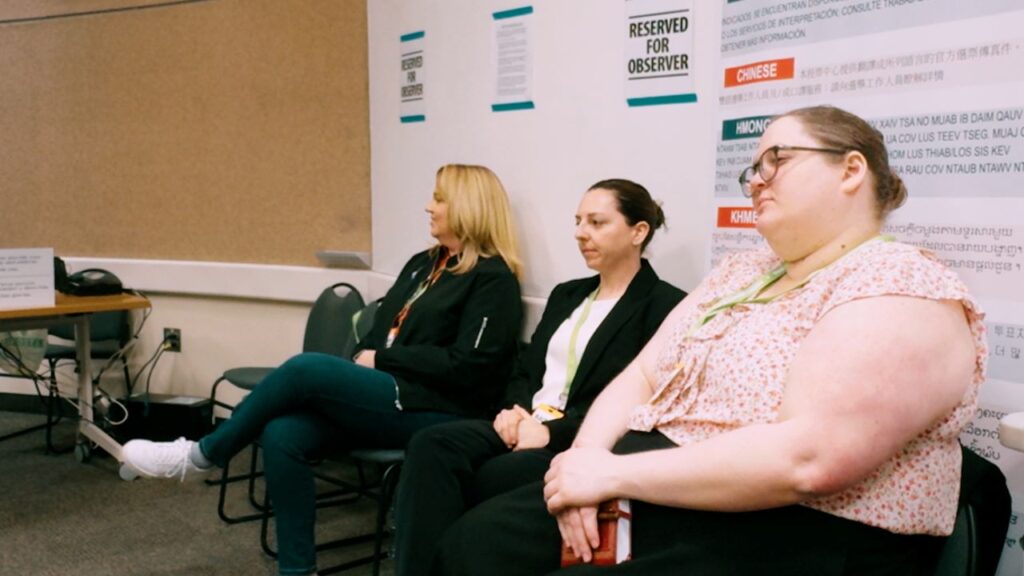Congressional proposals requiring Medicaid recipients to report work hours could strip healthcare from over a million Californians, despite most already working. (CalMatters/Jill Connelly)

- Two-thirds of Medicaid enrollees already work, but complex reporting requirements could cause many to lose coverage.
- California could see 1.2-1.4 million residents lose health insurance if Congress passes Medicaid work requirements.
- Previous work requirement attempts in Arkansas and New Hampshire failed, with thousands losing coverage due to paperwork issues.
Share
This story was originally published by CalMatters. Sign up for their newsletters.
If Congress moves forward with a controversial proposal to require people to report work hours to keep Medicaid, more than a million of California’s poorest residents could lose their health insurance.
The budget bill that the U.S. House advanced last week includes a requirement that certain adults — largely those under 65 without children or a disability — meet work reporting rules. In California, about a third of them could lose their health coverage, according to an analysis by the research group Urban Institute. Based on 2026 enrollment projections, that’s between 1.2 and 1.4 million Californians.
As Congress looks at Medicaid for ways to help offset the cost of extending President Donald Trump’s 2017 tax cuts, imposing work requirements has increasingly been deemed as one of the most feasible and significant cost-savings actions. House Speaker Mike Johnson told CBS that work requirements have a “moral component” and that people who don’t work are “defrauding the system.”
But health policy researchers and advocates point to New Hampshire and Arkansas, where state-imposed work requirements failed in recent years. Their policies didn’t actually boost employment; they did, however, leave thousands of eligible people without health insurance within a matter of months. Both states have since canceled their work policies. Georgia is the only state that currently has work requirements.
Most Medicaid Recipients Already Work
Nationwide and in California, about two-thirds of Medicaid enrollees work, according to the health research firm KFF. Another 29% care for children, attend school or have a disability that would exempt them. But health advocates say the additional red tape to prove employment could be so cumbersome that many eligible people would fall out of the health insurance program.
“You might say you’re combating waste, fraud and abuse,” said Katherine Hempstead, a senior policy officer at the Robert Wood Johnson Foundation, a nonprofit health advocacy organization that funds policy research. But “the way you’re going to save money is by people inadvertently or accidentally losing their coverage. The program saves money through mistakes. And that’s not a good way to run social insurance or to run policy.”
Medi-Cal — the California version of Medicaid — provides health insurance to almost 15 million people.
Diana Alfaro, associate executive director of Central City Neighborhood Partners, a nonprofit that helps people enroll in public benefits and services, says some of her low-income clients in Los Angeles who rely on Medi-Cal are employed — but not always in “typical” paying jobs. They are housekeepers, gardeners, construction workers and others who don’t have a regular paycheck or a single employer.

So far, it’s unclear exactly what documentation enrollees would need to show if a work requirement is enacted. But Alfaro is concerned that it could be especially challenging for people whose schedules fluctuate or who are paid in cash and don’t receive a pay stub that shows their hours worked. Some enrollees use a copy of their taxes, a letter from their employer or in some cases self-attestation to verify income eligibility when first applying for Medi-Cal.
“Some of them are doing those jobs of gardening or being a nanny or a housekeeper, and so they’re already going to have a hard time getting a letter that certifies the amount of hours that they’re doing if this were to pass,” Alfaro said.
House Proposal Requires 80 Hours a Month of Work or School
The work requirement proposal is part of President Donald Trump’s “big beautiful bill,” which the U.S. House passed last week and is now in the hands of the Senate. All nine of California’s House Republicans voted in favor of the bill, while all Democrats voted against it.
The current version requires certain adults to log at least 80 hours a month of “community engagement,” which could be employment, school or volunteer work. As proposed, the rule would pertain specifically to adults ages 19 to 64 who qualify for Medicaid as part of an expansion under the Affordable Care Act. Pregnant women, parents and caregivers of young children, and people with mental and physical disabilities would be exempt.
Rep. David Valadao, a California Republican who represents portions of the San Joaquin Valley that have some of the highest Medicaid enrollment, told ABC’s Bakersfield affiliate that work requirements are a fair ask.
“For those who are able-bodied with no dependents and you choose not to try to make that effort to go get a job, go to school or volunteer, do something in your community, yeah you’re probably going to be affected by this, but the average person who is working really hard to provide for their family thinks that’s the right thing to do,” Valadao said.
But Rep. Laura Friedman, a California Democrat representing Los Angeles, said it is the responsibility of the government to help people stay safe and healthy, but work requirements would do the opposite.
“They want to make it so hard for you and your family to access care with these onerous work requirements that you say ‘I’m not even going to bother, I’ll just try not to get sick,'” Friedman said during a press conference this week.
Friedman said the proposed cuts and requirements in the House bill would lead to more uncompensated care costs for clinics and hospitals, which ultimately could lead to reduced services for entire communities.

As currently drafted in the House bill, work requirements would kick in on Dec. 31, 2026. States would have the option to start earlier.
Potential Impact on California’s Healthcare System
In addition to the work rules, the House budget bill proposes several other changes, including requiring these enrollees to verify their income every six months, rather than once a year. A separate measure seeks to financially penalize states that offer non-emergency Medicaid coverage to undocumented people, even if it’s with state-only funds, as California does. And less federal funding may force states to reduce benefits or enrollment.
The federal proposals are on top of changes that Gov. Gavin Newsom is already eyeing that could also force people to lose their health insurance. In his most recent budget proposal, Newsom proposed benefit reductions, a premium charge and enrollment freezes for undocumented residents as the state deals with a projected $12 billion shortfall.
All of the proposals at the federal and state level are bound to result in confusion and disruption for patients, Alfaro said.
“Last year we were doing a bunch of promotion around how easier it is to get health insurance,” she said. “And it seems like now we’re going a step backwards.”
Currently about 5 million Californians with Medi-Cal are eligible because of the Affordable Care Act’s Medicaid expansion. The 2010 health law allowed states to add adults without children or a disability to their rolls. It’s this group of enrollees that would be subject to the work requirements.
The Urban Institute’s estimate of more than a million of them losing coverage in 2026 is based on multiple factors, including trends and experiences observed in Arkansas and New Hampshire.
In 2018, Arkansas became the first state to implement work rules as a condition for Medicaid coverage. The rule applied to adults ages 30 to 49 who had to show 80 hours of work a month. Within six months, 18,000 adults had lost their coverage. In 2019, a federal judge struck down the state’s work requirement.
State lawmakers in New Hampshire said they’d do a better job than Arkansas in rolling out their own 2019 work requirement, but they faced similar challenges. The state had a difficult time reaching enrollees and notifying them about the changes, news reports at the time show. On track to lose thousands of people more than anticipated, the state suspended its rule.
“Based on the experience of other states, even if you spend a ton of energy on outreach, a lot of people just don’t realize what they have to do,” said Nari Rhee, director of the Retirement Security Program at the UC Berkeley Labor Center. “People have a bunch of questions: ‘Am I exempt? What do I have to do?’
“Even in New Hampshire, where they thought they were being gentle about the rollout, people had a hard time getting through (phone lines) to ask questions,” Rhee said. “So you can expect a pretty large percentage of people who could meet the requirements just fine, basically falling through the cracks and losing coverage because they just didn’t know or couldn’t get the information they needed.”
This article was originally published on CalMatters and was republished under the Creative Commons Attribution-NonCommercial-NoDerivatives license.
RELATED TOPICS:
Categories

Crypto Firm Ripple Raises $500 Million in Latest Investment Round

Trump Is a Godsend to the Democratic Party in 2025 Elections

Spirit Airlines to Cut About 150 Jobs in Turnaround Effort

















